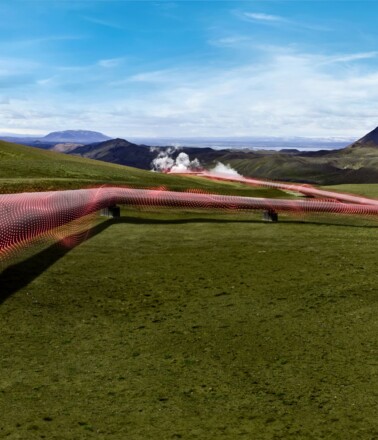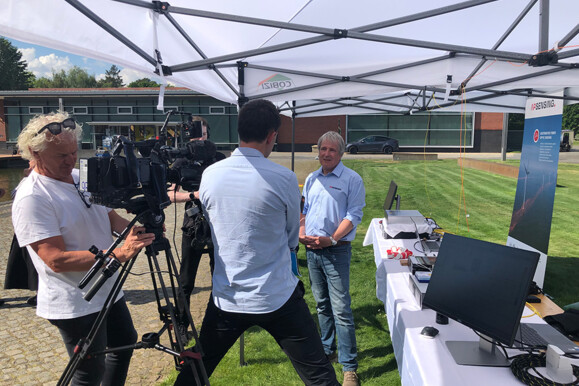AP Sensing specializes in fiber optic sensing technology, with "Advanced Photonics" reflecting our expertise in photonics, the science of generating, controlling, and detecting photons (light particles).
Drawing on our HP (Hewlett-Packard) Heritage in optical testing, we have established ourselves as the world leader in optical testing and measurement for over 40 years.
Our motto "Thinking Ahead" expresses our passion and willingness to be prepared for excellent project execution and smooth operation. It’s our commitment to anticipating challenges, designing future-ready solutions, and delivering long-term value.















